Article
Louisiana Attorney General objects to President Biden's pause on LNG export projects
On Tuesday,
U.S. district court Judge James Cain blocked the U.S. Environmental Protection
Agency and the U.S. Department of Justice from imposing disparate impact
regulations against the State of Louisiana.
“It is
abundantly clear, that Defendants’ actions iterated herein have created great
cause for concern, not only for the State of Louisiana, but also for our sister
states who have also found themselves at
the whim of the EPA and its overreaching mandates,”
said Judge Cain. “The State has met its burden as to irreparable harm.”
“To be
sure, if a decision maker has to consider race, to decide, it has indeed
participated in racism,” the Judge continued. “Pollution does
not
discriminate.”
“The EPA
could not explain any legal basis for its attempts to force Louisiana to
violate the federal constitution,” said Louisiana Attorney General Liz Murrill.
“When the EPA refused to explain its reasoning for threatening millions in
federal funding in Louisiana and other states, we sued to require EPA explain
itself to a federal judge. That judge agreed the EPA is wrong.”
The case is
captioned State
of Louisiana v. U.S. Environmental Protection Agency et al, No. 2:23-cv-692, and is pending in the United States District Court
for the Western District of Louisiana.
Louisiana Attorney General Liz Murrill joined attorneys general from 22 other states in opposition to President Biden's 'pause' on liquefied natural gas export projects.
"It’s time for Joe Biden to end his assault on Louisiana energy. Instead of addressing America’s real energy challenges, his administration has decided to double down on a reckless environmental agenda. This pause is unlawful, damages our economy, and harms our national security," said General Murrill.
The Biden administration's moratorium on the export of liquefied natural gas (LNG) projects will embolden Iran and Russia and hamper the U.S.’s ability to protect itself, according to the letter penned by several states’ attorneys general.
The AGs warn that the Department of Energy lacks the authority to issue blanket denials for export permits without an act of Congress. Additionally, the Department of Energy didn’t allow anyone the opportunity to weigh in on the regulatory change.
"The people of Louisiana are proud to power this nation. Joe Biden’s latest assault on LNG exports threatens thousands of jobs and billions of dollars in infrastructure investment in our State. It also creates international instability and hurts developing democracies worldwide. I won’t allow this president to hold our people and our economy hostage," General Murrill stated when this was first announced on January 26, 2024.
The attorneys general urged the Biden administration to change course on this decision immediately.
Files
- download LNGLetterFinal02-06-2024.pdf
